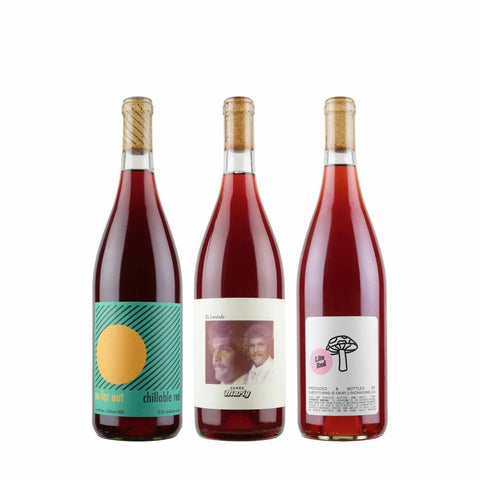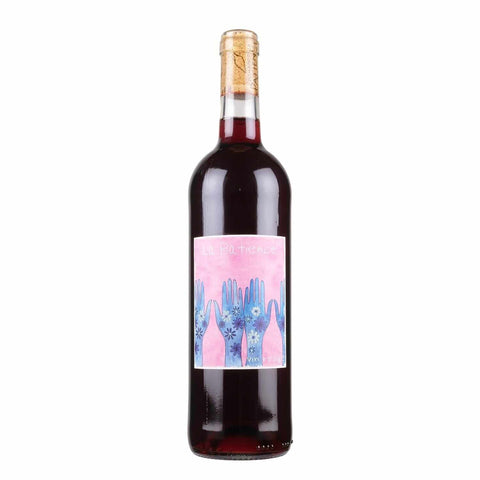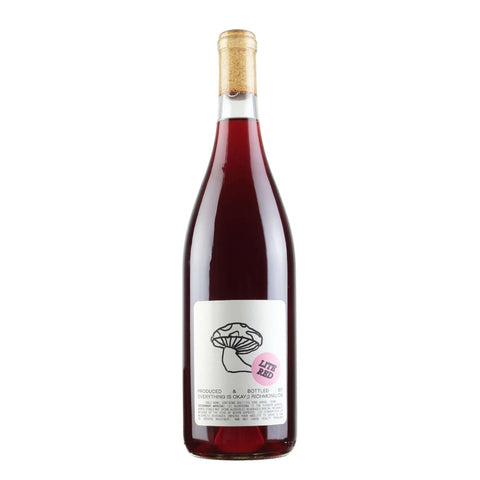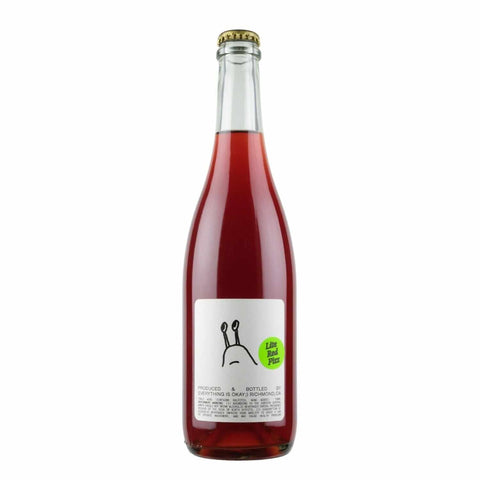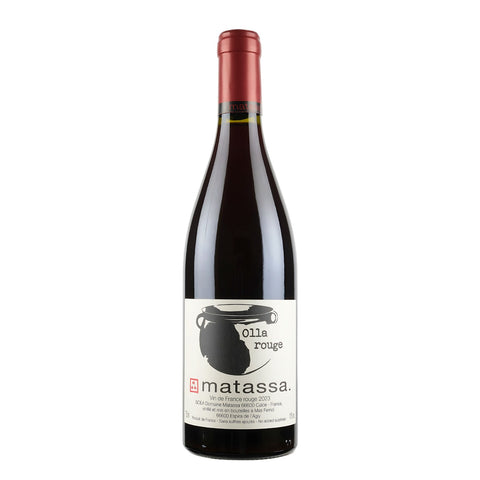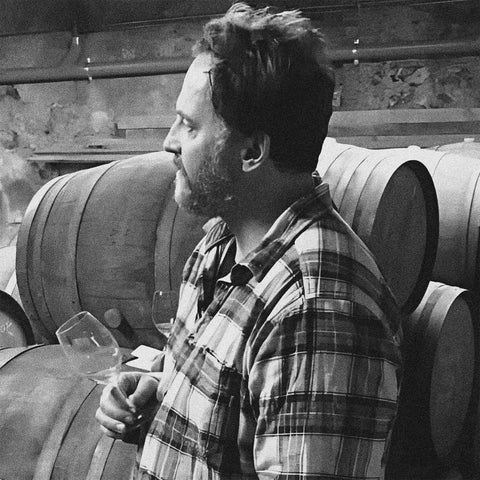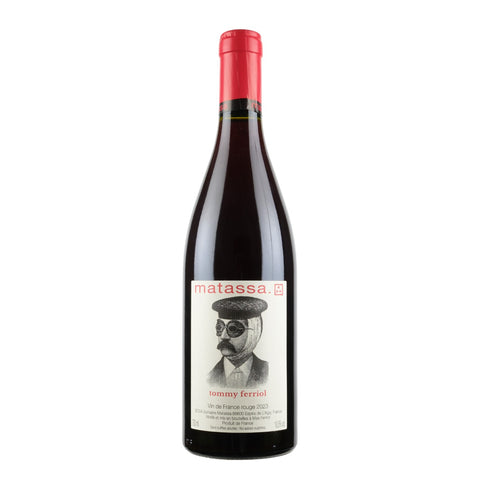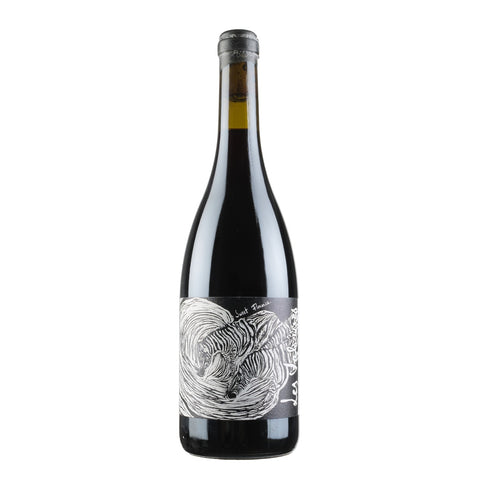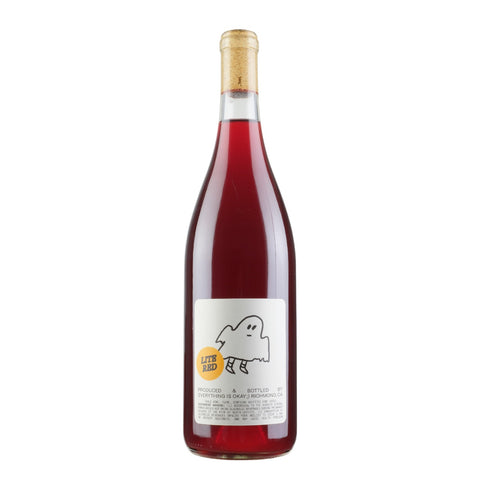Organic wine has garnered significant attention in recent years, reflecting a growing consumer preference for products that are perceived as healthier and more environmentally friendly. This essay delves into what defines organic wine, its production methods, unique characteristics, and the differences between organic, natural, and biodynamic wines. Organic wine is made from grapes grown following organic farming principles, excluding synthetic fertilizers, pesticides, herbicides, and fungicides. Instead, organic viticulture relies on natural substances and practices to maintain soil health and manage pests. In the United States, organic wine must adhere to strict regulations set by the USDA National Organic Program, which also restricts the use of sulfites—a preservative commonly used in winemaking—to a maximum of 100 parts per million (ppm) for wines labeled "made with organic grapes" and prohibits their addition in wines labeled as "organic."
Production Process
The production of organic wine begins in the vineyard, where organic farming techniques are employed. These include crop rotation, mulching, composting, and using cover crops to enhance soil fertility and biodiversity. Natural predators, manual removal, and organic-approved substances like sulfur and copperachieve pest management. In the winery, organic wine production minimizes additives and processing aids. While some sulfites are naturally produced during fermentation, organic wines have lower levels than conventional wines. Additionally, any additives used must be approved by organic certification bodies. The goal is to maintain the wine's purity and allow the true expression of the grape and terroir to shine through.
Characteristics of Organic Wine
Organic wines often exhibit a distinct profile that reflects their natural production methods. These wines can vary widely in flavor, influenced by grape variety, terroir, and winemaking techniques. Typically, organic wines are noted for their vibrant fruit flavors, balanced acidity, and a more pronounced expression of terroir. They also tend to have fewer synthetic residues, which some consumers believe leads to fewer adverse health effects, such as headaches or allergic reactions.
Differences Between Organic, Natural, and Biodynamic Wines
While organic, natural, and biodynamic wines share some common principles, they are distinct categories:
- Organic Wine: Made from organically grown grapes with limited use of sulfites and approved additives. It follows regulated farming and production practices.
- Natural Wine: Often overlaps with organic practices but emphasizes minimal intervention in the vineyard and winery. There is no legal definition, but natural wines typically avoid added sulfites and any form of additives, aiming for a pure expression of the grape.
- Biodynamic Wine: Goes beyond organic farming by incorporating principles from the biodynamic movement, including lunar and cosmic rhythms and using biodynamic preparations to enhance soil and plant health. Organizations like Demeter provide Biodynamic certification.
Environmental Benefits
Choosing organic wine supports sustainable agriculture and reduces the environmental impact associated with conventional farming. Organic vineyards, by avoiding synthetic chemicals, promote biodiversity, enhance soil health, and reduce water pollution. Organic wine represents a commitment to sustainable agriculture and natural winemaking practices. Adhering to strict organic farming guidelines and minimizing additives, organic wines offer a distinct and authentic expression of the vineyard. As consumer awareness and demand for environmentally friendly products grow, organic wine stands out as a choice that aligns with health and environmental values. Whether you are an avid wine enthusiast or a casual drinker, exploring organic wines can provide a rewarding and conscientious tasting experience.
